
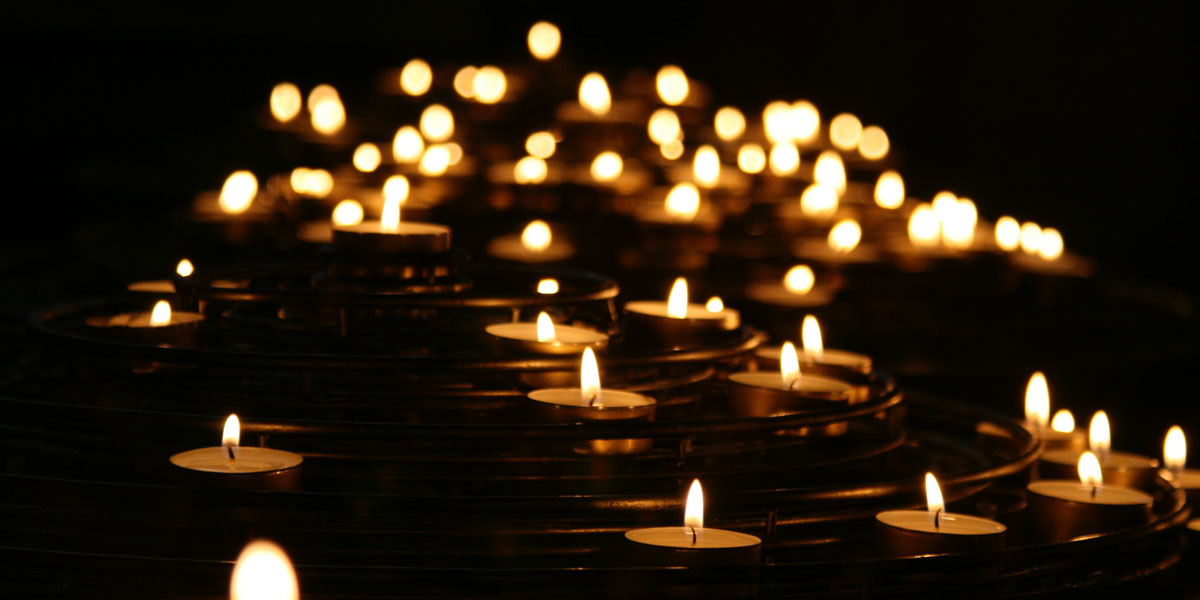
Meditation in China
Meditation, which originated in India and was popularized in China during the Eastern Han Dynasty, is a Buddhist practice which helps people gain full enlightenment through spiritual discipline. In recent years, meditation has become very popular in many Chinese cities.
In Beijing, rows upon rows of stores line the streets near Yinding Bridge, which is always crowded by tourists. Just one block away, Guanghua Monastery enjoys its tranquil atmosphere with its morning bell and evening drum. Within the temple, Ms Geng, a volunteer, is registering the books next to the bookshelves.
Ms Geng has rich life experience. She came to Beijing from the countryside, and later studied in Europe. After returning to China, she became very busy with her work since she had to travel frequently, plus she had to raise her child by herself. Some people may see her as a tough lady, but she has had to bear much pressure. As the ancient Chinese saying goes, at forty, a person is free from perplexities. But Ms Geng, at about forty, felt exhausted, helpless and worried, and perplexed by all kinds of negativities.
“I felt exhausted and could find no way out.” She participated in meditation in a Buddhist class at Guanghua Monastery because she liked the peaceful atmosphere there.
She says, “At first I couldn’t stick with it. Although I was sitting there, I was still worried too much, with so many things going on in my mind. With time, I let go of many things and became more relaxed. After a year or two, I found myself free from my previous stresses, and started to view things from bigger and greater perspectives. Now I don’t just volunteer here in the monastery, I also volunteer for palliative care.”
Ms Wang, a musician, also practices meditation at Guanghua Monastery. She says,“People cannot listen to their inner voice if they bury themselves within the hustle and bustle of life. Only when we become quiet can we find ourselves.” Through practice, she now feels that she can have more conversations with her own heart and have more thoughts on music and art; therefore, her ability to capture inspiration and details has been enhanced.
Confucianism, Buddhism and Daoism all have long histories in China. Buddhism was integrated with and has now become an important part of Chinese culture. It has a deep influence upon the Chinese people’s philosophy of dealing with life. Although many Chinese are not Buddhists, the stories and philosophy of Buddhism have been part of their behavior. Chinese expressions such as shana (ksana ‘an instant’) originated from Buddhism. There are many Buddhist elements in the Chinese world view. Therefore, meditation is easily accepted by Chinese people. With the fast tempo of work and life, and great pressure of living in the city,practicing meditation in monasteries, temples,mountains or wilderness has become a safety valve and a way of alleviating stress.
From the concept of “life meditation” to “life meditation summer camps”, along with “one-day meditation classes” and “seven-day meditation classes”, meditation has become a popular choice for people wishing to spend their leisure time.
No smart phones, no WeChat Moments, no stock market, no chatting… Can you stand it? Additionally, meditation is not just sitting quietly— you cannot simply sit there. Being quiet and relaxing just scratch the surface of Zen, and are only skin deep.
“My first contact with meditation was in the form of a seven-day meditation. It was amazing. I felt completely renewed and refreshed. I felt really good while meditating,” says Jiang, who works for a company in the culture sector. “But there were people who couldn’t handle sitting meditation with no talking. They left before the program ended. I asked them why, and they said that the time was too long, and a minute felt like a year. They had to think back on all of their past experiences, and even that was not enough.”
“Real meditation does not relax people immediately. That’s why many people become even more anxious after sitting for long periods of time. The true essence of meditation lies in the enhancement of positivity and subsidence of negativity. If one fails to be aware of this, then over-relaxation only makes them drowsy, and even creates negativity,” says Master Weihai, who supervises Jiang.
For some experienced meditators, there is no clear line between meditation and daily life. Their life can be a form of meditation. Like Jiang, many people practice meditation in their daily life. They say that the direct result is that they always feel more relaxed and refreshed, and they are not as hot tempered as they used to be. They may still be very busy, but they are not as stressed, as their attitude toward life and their way of viewing the world have changed.
Last summer, Shen Jiequn, from Shanghai,went to the Tianmu Mountain in eastern Lin’an to practice meditation. Afterwards, felt very good.“My daily life is full of hustle and bustle, but every moment in the mountain gave me a feeling of fulfillment, of peace and tranquility. I was no longer anxious, and started to think about the real meaning of life. I don’t think the so-called “leisure” is the time you take a break or when you’re not working. What we do is to find a way to face ourselves,to understand our lives, and to concentrate on understanding traditional Chinese culture, so that we can improve ourselves and become passionate about our lives. All of these are meaningful practices.”
Published in Confucius Institute Magazine
Magazine 45. Volume 4. July 2016.
Magazine 45. Volume 4. July 2016.






















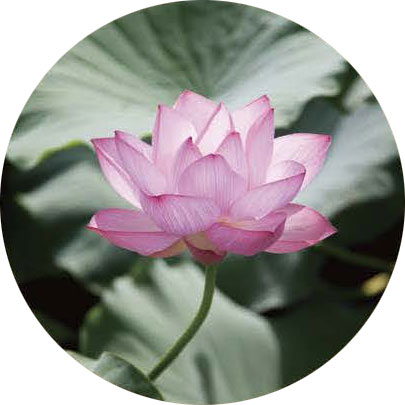
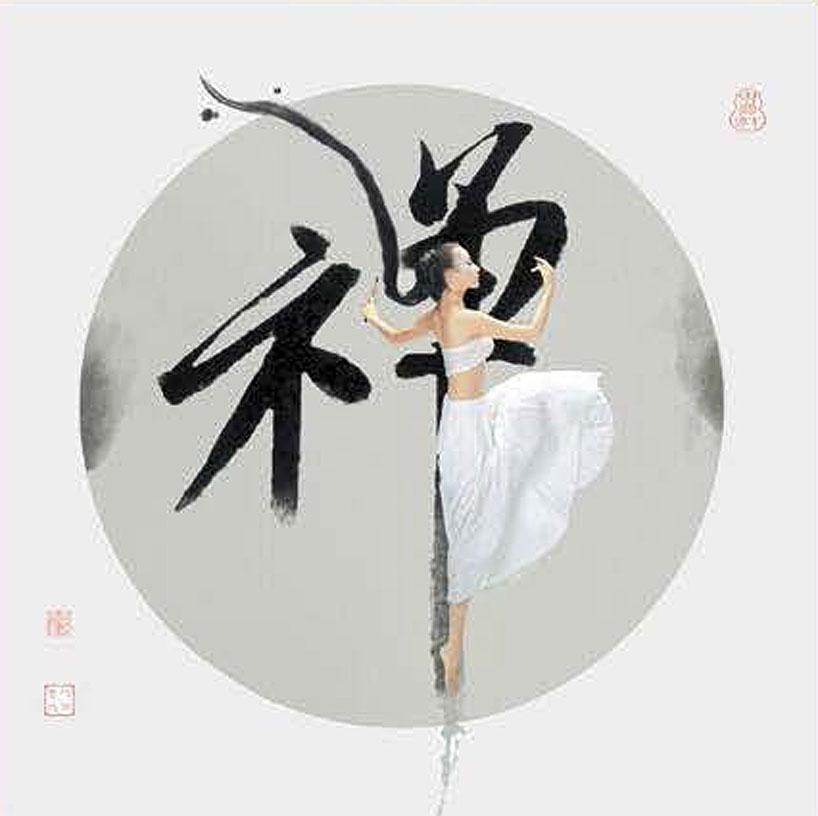
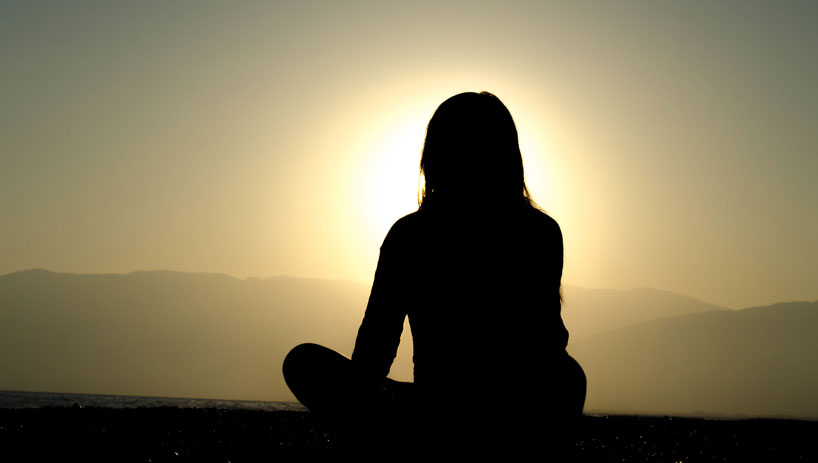
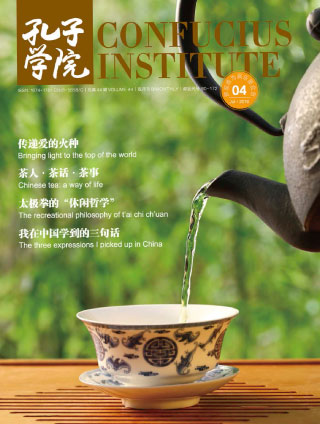
No hay comentarios:
Publicar un comentario